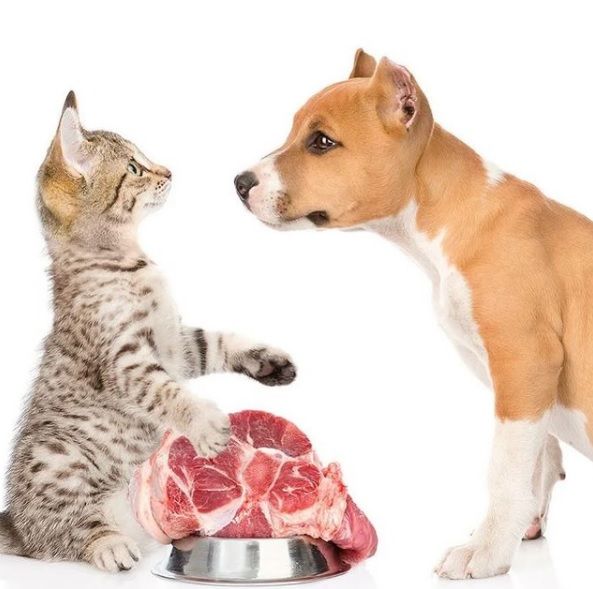Pet food and animal feeds play a pivotal role in ensuring the well-being and longevity of our beloved furry friends and the animals that contribute to our lives in various ways. As responsible pet owners and caretakers of livestock, understanding the significance of proper nutrition through quality pet food and animal feeds is essential. This article delves into the importance of providing nutritious and well-balanced diets for pets and animals, exploring the benefits and considerations that come with selecting the right food.
The Significance of Proper Nutrition
Just like humans, pets and animals require a balanced and nutritious diet to thrive. The essential nutrients in pet food and animal feeds contribute to the overall health, vitality, and longevity of our companions. These nutrients include proteins, carbohydrates, fats, vitamins, and minerals, each serving a specific purpose in maintaining optimal health.
Proteins are crucial for muscle development and repair, supporting the energy needs of active pets and the growth of young animals. Carbohydrates provide a readily available energy source, while fats play a role in skin and coat health, as well as serving as a concentrated energy source. Vitamins and minerals contribute to various physiological functions, including bone health, immune system support, and overall well-being.
Tailoring Diets to Specific Needs
Different animals have unique nutritional requirements based on factors such as species, age, size, and activity level. Recognizing these variations is essential in selecting the right pet food or animal feed. For example, puppies and kittens require diets with higher levels of nutrients to support their rapid growth, while senior pets may benefit from formulas designed to address age-related health concerns.
Similarly, working dogs and active animals such as horses or livestock have distinct energy needs that must be met to maintain performance levels. Specialized diets catering to these specific requirements are available, emphasizing the importance of tailoring nutrition to individual needs.
Quality Ingredients and Manufacturing Standards
The quality of ingredients in pet food and animal feeds directly influences their nutritional value. Premium pet foods often use high-quality protein sources, whole grains, and natural additives. Understanding how to read and interpret pet food labels empowers pet owners to make informed decisions about the products they choose for their companions.
Manufacturing standards also play a crucial role in ensuring the safety and nutritional integrity of pet food. Reputable manufacturers adhere to rigorous quality control measures, conducting thorough testing to verify the nutritional content and safety of their products. This commitment to quality reassures pet owners that they are providing their animals with food that meets or exceeds industry standards.
Health Benefits of Balanced Nutrition
Proper nutrition not only supports the basic physiological needs of pets and animals but also contributes to their overall health and well-being. A well-balanced diet can enhance immune function, reduce the risk of certain diseases, and promote healthy weight maintenance. In addition, the right nutrients can positively impact the appearance of an animal’s coat, skin, and dental health.
For animals involved in various activities such as agility, hunting, or racing, a carefully crafted diet can optimize performance and recovery. This is particularly crucial for competitive animals, where peak physical condition can make a significant difference.
Common Challenges and Considerations
While understanding the importance of pet food and animal feeds is vital, it is also essential to be aware of common challenges and considerations. Issues such as food allergies, sensitivities, and medical conditions may require special dietary considerations. Consulting with a veterinarian can help identify specific dietary needs and address any concerns related to an individual animal’s health.
Additionally, the pet food industry is continually evolving, with ongoing research and advancements leading to the development of innovative products. Staying informed about these developments allows pet owners to make choices that align with the latest nutritional recommendations and scientific findings.
Pet food and animal feeds are more than just sustenance; they are integral to the health and happiness of our animal companions. As responsible caretakers, it is our duty to provide them with the best possible nutrition to ensure a long, active, and fulfilling life. By understanding the significance of proper nutrition, tailoring diets to individual needs, prioritizing quality ingredients, and considering the health benefits of balanced nutrition, we can make informed choices that contribute to the well-being of the animals that share our lives. Through a commitment to providing the best possible nutrition, we can strengthen the bond between humans and animals, fostering a relationship built on care, trust, and shared experiences.







Leave a Comment